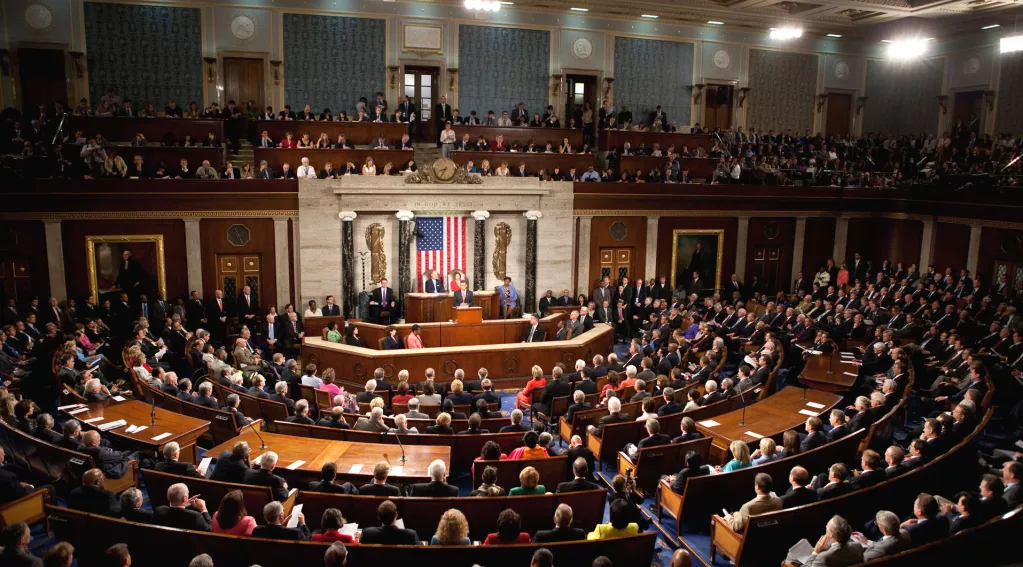House Democrats Back Bailouts for Sanctuary Jurisdictions

House Democrats unveiled their $2.5 trillion stimulus bill late on March 23, setting their terms for the stimulus package intended to rescue the economy from the fallout of Covid-19. The text eclipses 1,400 pages and the section-by-section summary alone is over 60 pages.
Democrats are not in session, and they likely will not even vote on this mammoth bill. This is instead a messaging tool for them as they counter the Senate’s proposals. House Speaker Nancy Pelosi(D-Calif.) and Senate Minority Leader Chuck Schumer (D-N.Y.) continue to call for “four corners” negotiating — where the House speaker and Minority Leader Kevin McCarthy (R-Calif.) negotiate with the Senate Majority Leader Mitch McConnell (R-Ky.) and Schumer. McConnell has eschewed this approach in favor of his typical strategy, where he builds consensus among the GOP majority and then presents a united front to Democrats as they work on the GOP-written bill.
When that approach failed, Speaker Pelosi seized the momentum to push for a significantly larger stimulus laden with a litany of progressive wish-list items, including the institution of a $15 minimum wage, a $500 million increase in funding to the National Endowment for the Arts, a temporary halting of foreclosures and evictions, and a climate change study on aviation.
This bill also includes troubling language shielding sanctuary cities from punishment by the Justice Department (DOJ). In February 2020, the Second Circuit Court of Appeals ruled that the Justice Department can legally ban cities, states, and localities from receiving federal grants if they had sanctuary laws in place. The grants in question are the Edward Byrne Memorial Justice Assistance Grant (JAG) program. Former attorney general Jeff Sessions tried to withhold $53 million in JAG funding from sanctuary jurisdictions in 2018, setting up a protracted legal battle that only ended in February 2020.
The House Democrats’ stimulus proposal attempts to work around the Trump administration’s sanctuary funding withholdings. Pages 17-18 address “state and local law enforcement assistance,”
For an additional amount for ‘‘State and Local Law Enforcement Assistance’’, $1,000,000,000, to remain available until September 30, 2021, to prevent, prepare for, and respond to coronavirus, including for the purchase of personal protective equipment, for the Edward Byrne Memorial Justice Assistance Grant program as authorized by subpart 1 of part E of title I of the Omnibus Crime Control and Safe Streets Acts of 1968 (‘‘1968 Act’’), (except that the allocation provisions under sections 505(a) through (e) and the special rules for Puerto Rico under section 505(g), and section 1001(c), of the 1968 Act, shall not apply for purposes of this Act), to be distributed in relative proportion to fiscal year 2016 allocations: Provided, That awards made using amounts provided in this paragraph shall be made only with the same requirements, conditions, compliance, and certification as fiscal year 2016.” (emphasis added)
The stimulus adds $1 billion to the JAG program but stipulates that this money must conform to rules in place under the Obama administration. This is a partisan move, intended to send a message to Senate Republicans. This messaging bill only slows down the process of negotiating a final package that will actually help Americans.
That the members who wrote this messaging bill even thought to include language shielding sanctuary jurisdictions from oversight in the midst of a public health crisis reveals a great deal about where their priorities lie.

